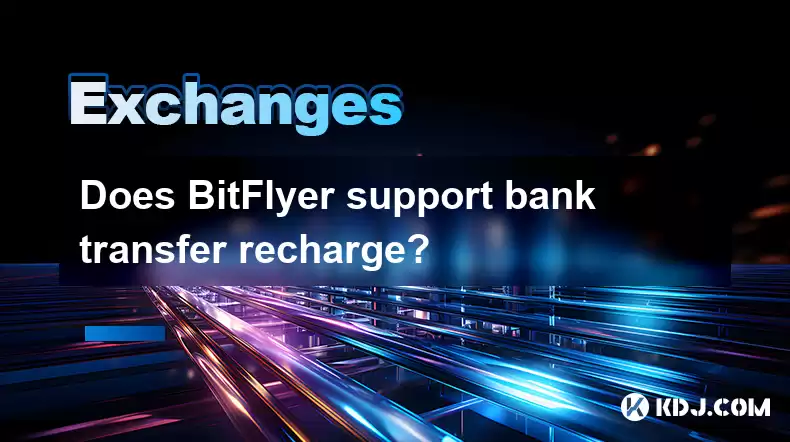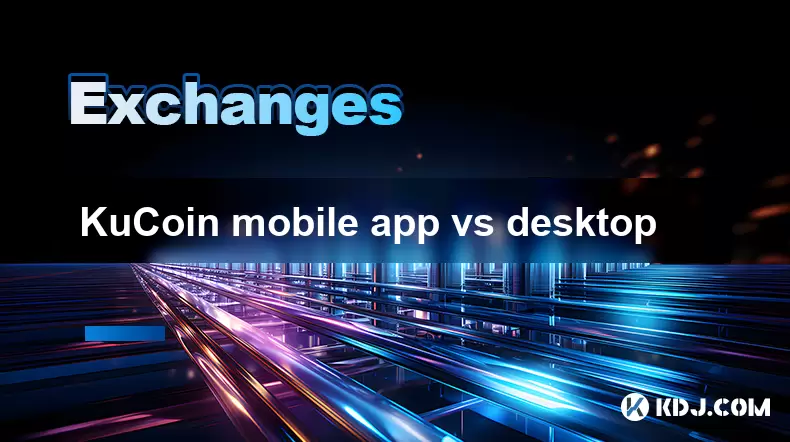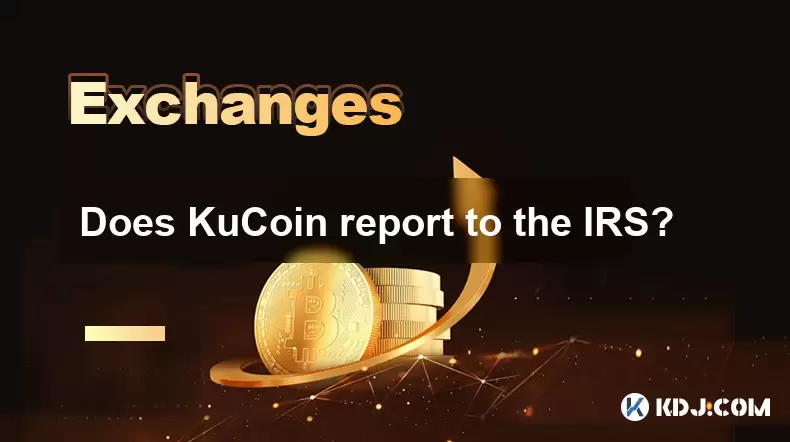-
 Bitcoin
Bitcoin $118000
-1.29% -
 Ethereum
Ethereum $3758
-3.52% -
 XRP
XRP $3.113
-5.04% -
 Tether USDt
Tether USDt $0.9998
-0.05% -
 BNB
BNB $818.5
-3.23% -
 Solana
Solana $181.9
-5.10% -
 USDC
USDC $0.9997
-0.04% -
 Dogecoin
Dogecoin $0.2239
-8.33% -
 TRON
TRON $0.3233
0.95% -
 Cardano
Cardano $0.7842
-6.81% -
 Hyperliquid
Hyperliquid $43.35
-2.12% -
 Sui
Sui $3.894
-9.97% -
 Stellar
Stellar $0.4176
-6.99% -
 Chainlink
Chainlink $17.97
-6.68% -
 Bitcoin Cash
Bitcoin Cash $576.7
-2.30% -
 Hedera
Hedera $0.2671
-7.23% -
 Avalanche
Avalanche $24.64
-6.12% -
 UNUS SED LEO
UNUS SED LEO $8.972
0.08% -
 Litecoin
Litecoin $108.1
-6.55% -
 Toncoin
Toncoin $3.198
-5.94% -
 Shiba Inu
Shiba Inu $0.00001325
-6.80% -
 Ethena USDe
Ethena USDe $1.001
-0.04% -
 Uniswap
Uniswap $10.27
-7.02% -
 Polkadot
Polkadot $3.935
-7.49% -
 Monero
Monero $317.7
-2.24% -
 Dai
Dai $0.9999
0.00% -
 Bitget Token
Bitget Token $4.550
-3.85% -
 Pepe
Pepe $0.00001179
-8.68% -
 Cronos
Cronos $0.1418
-2.34% -
 Aave
Aave $286.2
-6.49%
Does BitFlyer support bank transfer recharge?
BitFlyer supports bank transfer recharges for verified users; follow steps to deposit JPY, EUR, or USD, but be aware of fees and limits.
Apr 16, 2025 at 08:14 pm

Introduction to BitFlyer and Bank Transfers
BitFlyer, one of the leading cryptocurrency exchanges in Japan, offers various methods for users to deposit funds into their accounts. Among these methods, bank transfers are a popular choice for many due to their reliability and security. This article will delve into whether BitFlyer supports bank transfer recharges, how to execute this process, and what users need to know before proceeding.
Does BitFlyer Support Bank Transfer Recharges?
Yes, BitFlyer does support bank transfer recharges. This feature is available to users who have completed the necessary verification processes to ensure compliance with financial regulations. Bank transfers allow users to deposit fiat currencies like JPY, EUR, and USD into their BitFlyer accounts, which can then be used to purchase cryptocurrencies.
Preparing for a Bank Transfer Recharge
Before initiating a bank transfer recharge on BitFlyer, users must ensure that their accounts are fully verified. Verification typically involves submitting personal identification documents and completing a Know Your Customer (KYC) process. This step is crucial for security and regulatory compliance.
Additionally, users should confirm that their bank account is compatible with BitFlyer's supported banks. BitFlyer collaborates with various banks in Japan, Europe, and the United States, so it's essential to check if your bank is on the list before proceeding.
How to Recharge Your BitFlyer Account via Bank Transfer
To recharge your BitFlyer account using a bank transfer, follow these detailed steps:
- Log in to your BitFlyer account: Access your account using your credentials.
- Navigate to the Deposit section: This is usually found under the "Account Funding" or "Deposit" tab.
- Select Bank Transfer as the deposit method: Choose the bank transfer option from the list of available deposit methods.
- Choose your currency: Select the fiat currency you wish to deposit, such as JPY, EUR, or USD.
- Enter the deposit amount: Specify the amount you want to transfer to your BitFlyer account.
- Review the transfer details: Ensure all the details are correct, including the amount and the bank account information provided by BitFlyer.
- Initiate the transfer from your bank: Use your bank's online banking platform or visit a branch to initiate the transfer to the BitFlyer-provided bank account.
- Wait for the funds to be credited: The transfer may take a few business days to process, depending on your bank and the currency involved.
Fees and Limits Associated with Bank Transfers
When using bank transfers to recharge your BitFlyer account, it's important to be aware of the associated fees and limits. BitFlyer may charge a small fee for processing bank transfers, and your bank may also impose fees for outgoing transfers. The exact fees can vary depending on the currency and the bank involved.
Additionally, BitFlyer sets deposit limits for bank transfers. These limits can vary based on your account verification level and the currency you are depositing. It's advisable to check these limits on BitFlyer's website or within your account settings before initiating a transfer.
Security Measures and Best Practices
To ensure the security of your bank transfer recharges on BitFlyer, consider the following best practices:
- Use strong, unique passwords for your BitFlyer account and enable two-factor authentication (2FA) to add an extra layer of security.
- Verify the bank account details provided by BitFlyer before initiating the transfer to avoid sending funds to the wrong account.
- Monitor your bank account for any unauthorized transactions and report any suspicious activity to both your bank and BitFlyer immediately.
- Keep your personal information confidential and avoid sharing it with anyone to prevent identity theft or account takeover.
Troubleshooting Common Issues with Bank Transfers
Sometimes, users may encounter issues when attempting to recharge their BitFlyer accounts via bank transfer. Here are some common problems and their solutions:
- Delayed transfers: If your transfer is taking longer than expected, check with your bank for any delays or issues on their end. BitFlyer's customer support can also provide updates on the status of your deposit.
- Incorrect bank details: If you entered incorrect bank details, contact BitFlyer's support team immediately to see if the issue can be resolved before the funds are processed.
- Insufficient funds: Ensure that your bank account has sufficient funds to cover the transfer amount, including any associated fees.
Frequently Asked Questions
Q: Can I use a bank transfer to withdraw funds from BitFlyer?
A: Yes, BitFlyer also supports bank transfer withdrawals. The process is similar to deposits but involves transferring funds from your BitFlyer account to your bank account.
Q: Are there any alternatives to bank transfers for recharging my BitFlyer account?
A: Yes, BitFlyer offers other recharge methods such as credit/debit card payments and cryptocurrency deposits. Each method has its own set of fees and processing times.
Q: How long does it typically take for a bank transfer to be credited to my BitFlyer account?
A: The processing time for bank transfers can vary, but it typically takes 1-3 business days for the funds to be credited to your BitFlyer account, depending on the bank and currency involved.
Q: Can I recharge my BitFlyer account with a bank transfer from any country?
A: BitFlyer supports bank transfers from specific countries where it operates, primarily Japan, Europe, and the United States. Check BitFlyer's website for the list of supported banks and countries before initiating a transfer.
Disclaimer:info@kdj.com
The information provided is not trading advice. kdj.com does not assume any responsibility for any investments made based on the information provided in this article. Cryptocurrencies are highly volatile and it is highly recommended that you invest with caution after thorough research!
If you believe that the content used on this website infringes your copyright, please contact us immediately (info@kdj.com) and we will delete it promptly.
- XRP & Shiba Inu: The Race for Faster Growth – Which Will Win?
- 2025-07-29 16:30:12
- Bitcoin Swift (BTC3): AI-Powered Blockchain Presale Heats Up!
- 2025-07-29 17:10:12
- EDU Token, Binance, and Liquidity Concerns: What's the Deal?
- 2025-07-29 16:50:12
- Bitcoin Price Bulls Eye $120K: Will the Rally Continue?
- 2025-07-29 17:10:12
- Upbit, INJ, and the Injective Upgrade: What's the Hype?
- 2025-07-29 16:50:12
- ARK Invest, BitMine, and Coinbase: A Wild Ride in the Crypto World
- 2025-07-29 16:30:12
Related knowledge

KuCoin mobile app vs desktop
Jul 19,2025 at 08:35am
Overview of KuCoin Mobile App and Desktop PlatformThe KuCoin ecosystem offers both a mobile app and a desktop platform, each designed to cater to diff...

Is KuCoin a decentralized exchange?
Jul 18,2025 at 03:15pm
Understanding Decentralized Exchanges (DEXs)To determine whether KuCoin is a decentralized exchange, it's essential to first understand what defines a...

How to trade options on KuCoin?
Jul 19,2025 at 03:42am
Understanding Options Trading on KuCoinOptions trading on KuCoin allows users to speculate on the future price movements of cryptocurrencies without o...

What are KuCoin trading password rules?
Jul 20,2025 at 07:56am
Understanding the Purpose of a Trading Password on KuCoinOn KuCoin, a trading password serves as an additional layer of security beyond the standard l...

Does KuCoin report to the IRS?
Jul 27,2025 at 05:01am
Understanding the Reporting Obligations of KuCoinCryptocurrency exchanges are increasingly under scrutiny from global tax authorities, and KuCoin is n...

Who is the CEO of KuCoin?
Jul 20,2025 at 09:35am
Background of KuCoinKuCoin is one of the largest cryptocurrency exchanges globally, known for its diverse range of trading pairs and user-friendly int...

KuCoin mobile app vs desktop
Jul 19,2025 at 08:35am
Overview of KuCoin Mobile App and Desktop PlatformThe KuCoin ecosystem offers both a mobile app and a desktop platform, each designed to cater to diff...

Is KuCoin a decentralized exchange?
Jul 18,2025 at 03:15pm
Understanding Decentralized Exchanges (DEXs)To determine whether KuCoin is a decentralized exchange, it's essential to first understand what defines a...

How to trade options on KuCoin?
Jul 19,2025 at 03:42am
Understanding Options Trading on KuCoinOptions trading on KuCoin allows users to speculate on the future price movements of cryptocurrencies without o...

What are KuCoin trading password rules?
Jul 20,2025 at 07:56am
Understanding the Purpose of a Trading Password on KuCoinOn KuCoin, a trading password serves as an additional layer of security beyond the standard l...

Does KuCoin report to the IRS?
Jul 27,2025 at 05:01am
Understanding the Reporting Obligations of KuCoinCryptocurrency exchanges are increasingly under scrutiny from global tax authorities, and KuCoin is n...

Who is the CEO of KuCoin?
Jul 20,2025 at 09:35am
Background of KuCoinKuCoin is one of the largest cryptocurrency exchanges globally, known for its diverse range of trading pairs and user-friendly int...
See all articles

























































































